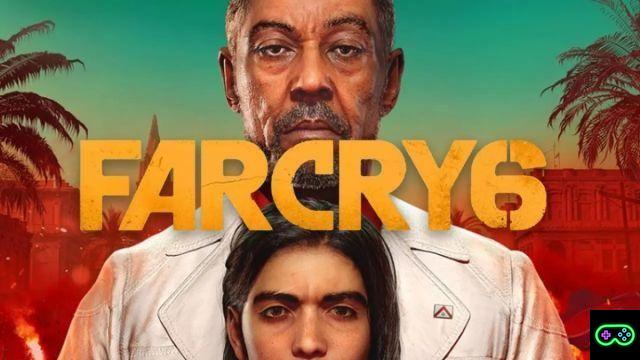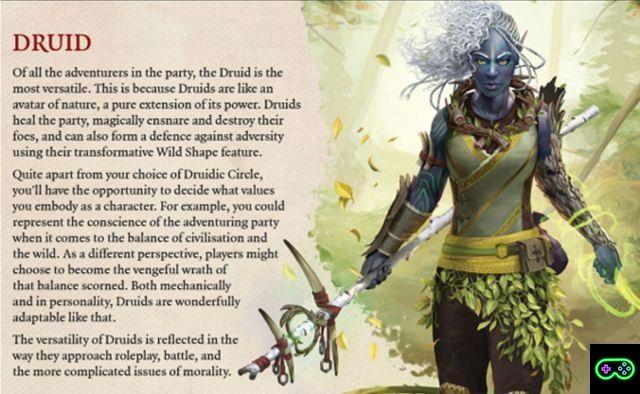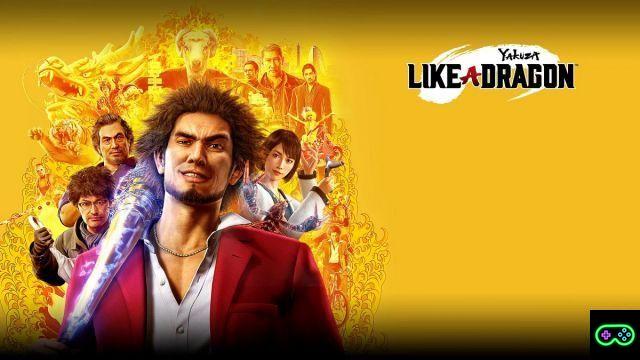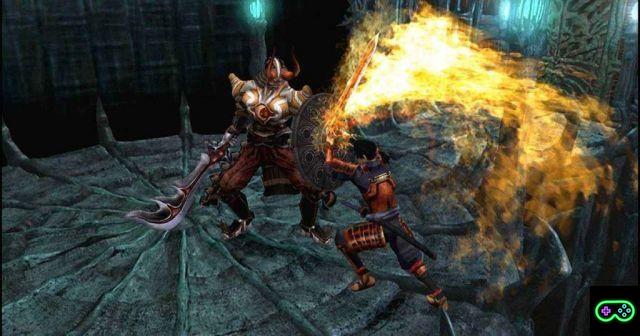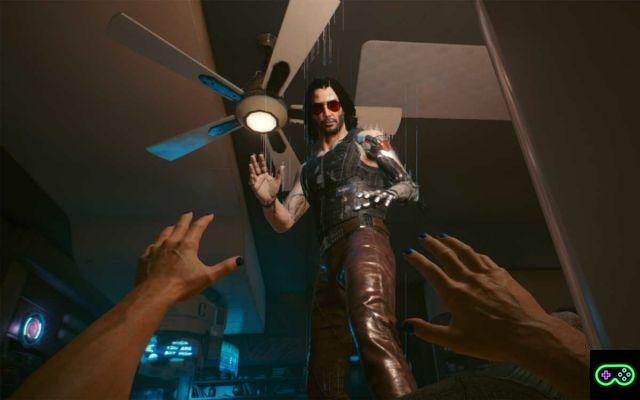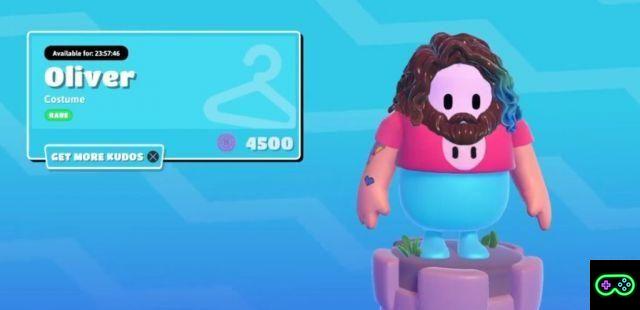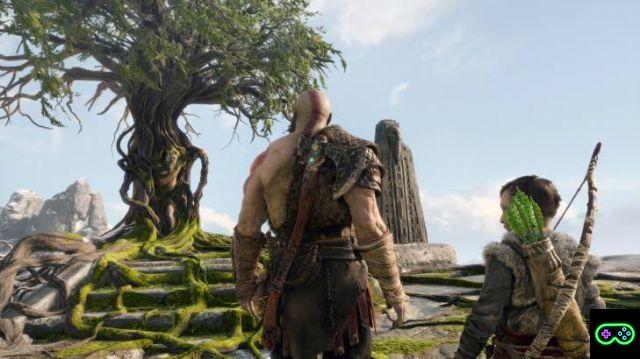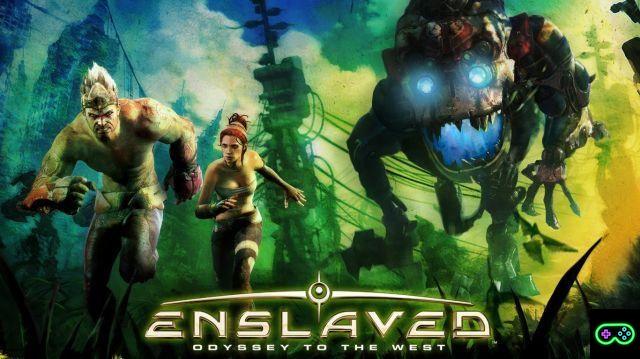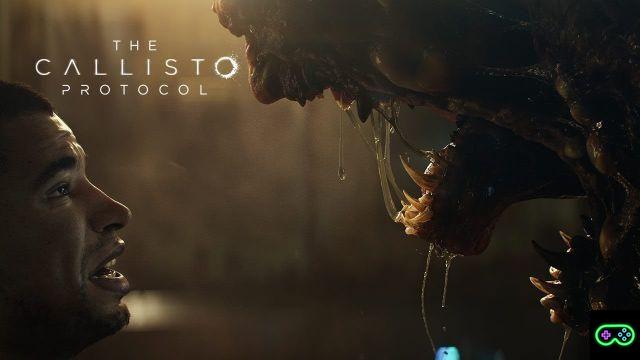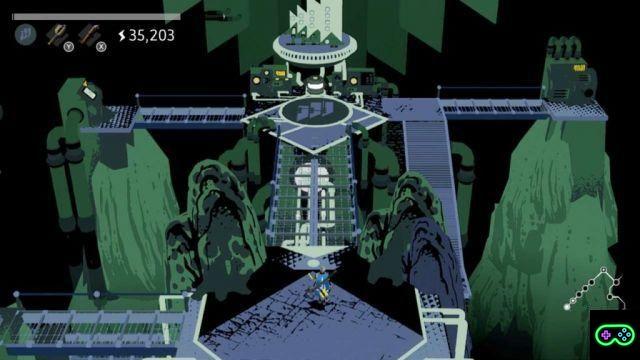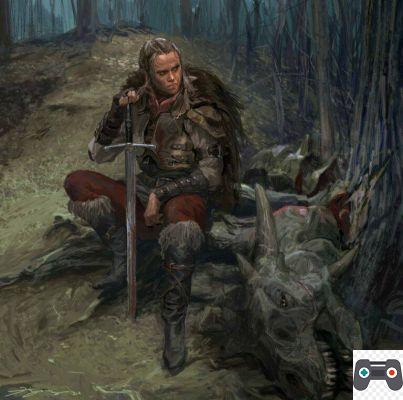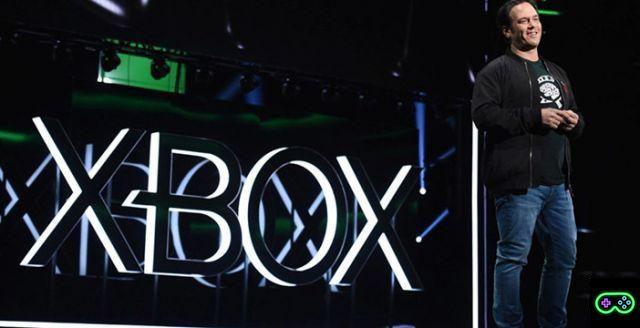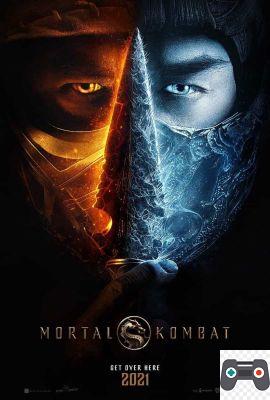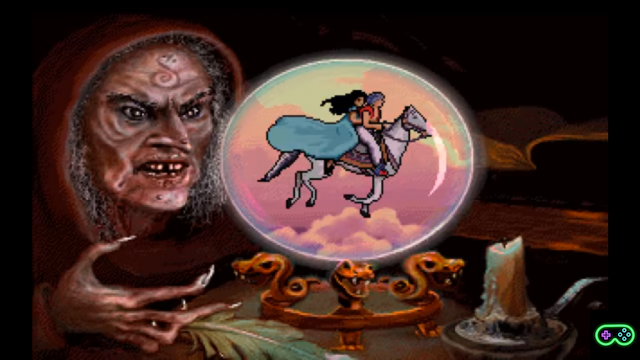The reveal of Avatar: Frontiers of Pandora it was one of the most memorable moments of an E3 among the least exciting ever.
In one of our specials (which you can find here) we talked about the project and its potential, but a series of statements from Ubisoft creatives and Disney management, released in the last few days, helps us to better understand what we will face once we have the game in hand.
Not a simple reproduction of the brand's films, but a sort of expansion of the narrative and of the game scenario, able to give us a completely new story.
Avatar: same planet, new story
In an interview with VentureBeat (you can find it here) reported in the past few hours by PC Gamer è Luigi Priore, vice president of the Disney / Pixar gaming division, to say that the goal of the game will not be to slavishly recreate the events of the 2009 film (nor those expected between 2022 and the end of the decade), but to find a new narrative format.
Prior says:
“There was a time, 15 or 20 years ago, when playing the movie was noteworthy. You bought the game and played the movie. Things like the classic Aladdin game on Sega Genesis. The film was being played. This was popular at the time, but now players are expecting more. They want to interact with their favorite characters and worlds, but they want to play new stories and do new things with those characters and worlds. "
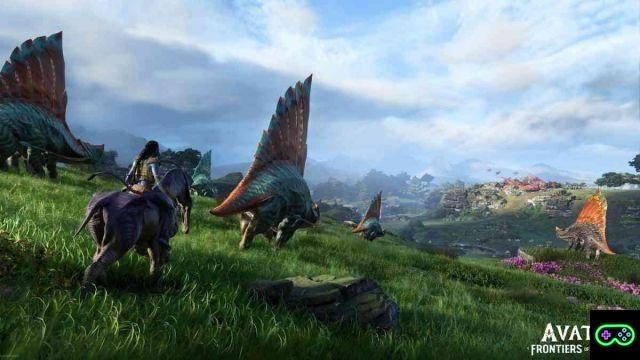
The Prior's declaration is striking for two reasons, in the opinion of the writer.
The first, between the lines, confirms that Avatar: Frontiers of Pandora will not be "the game of the movie", but a work with a narrative ambition of its own which will provide us with a renewed vision of the brand with a new story, new characters and even new areas of Pandora to explore. In practice, a counterpoint to what was seen on the screen in 2009 and a playable "base" for future episodes.
The second striking thing is Priore's emphasis in stating that Avatar "will be different from Disney movie games like Aladdin" (which we all remember as carbon copies of films, but gamified) today, in 2021, after more than once the video game has been able to encode itself as a medium capable of expanding a film or a book. The writer has never been a great fan of this type of product, but the most fitting example of this dynamic that occurs (however modest) is that of Enter the Matrix (2003), the official game of the Wachowski sisters' brand that gave players the opportunity to experience a story parallel to that of the second film in the series, Matrix Reloaded, giving the player some extra story pieces.
So why does Disney emphasize Avatar's "innovative" approach so strongly?
Probably for two reasons.
Primo, even if theoretically perfect the trans-media approach to narration has never been fully applied by a major, and now the time may have come; second, because Disney and Ubisoft they have all the means to make that happen.
Ubisoft and the tie-ins (explain that they have always done them, but with alternating successes)
Avatar represents, in the history of Ubisoft, a sort of "first time", the application of an extremely ambitious (and therefore productive) gameplay model to a "videogame transposition", reworking the source material into a "new but similar to the original" gaming experience.
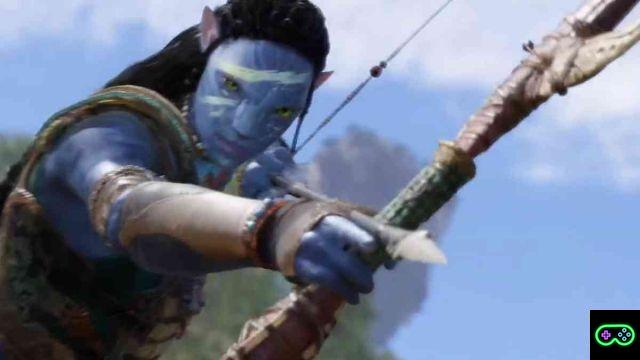
This operation comes after decades of Ubisoft's constant collaboration with the film industry, both through big brand tie-ins and through the film transposition of its games. In the first case, just go to Wikipedia to find a kilometer-long list: from The Mask of Zorro to various games on Batman, to the aforementioned Disney's Aladdin (just one of the many Disney productions transposed by the French giant), Ubisoft has always taken care of the relationship with the film majors. At the same time, the Prince of Persia films, Assassin's Creed and other productions emphasize his attention to smoothing the hair of the public through other means as well.
As we said at the release, Avatar is for Ubisoft the qualitative leap towards more interesting goals, a penetration into the cinema industry with greater force. An indicative element of this is Ubisoft's willingness (for the moment) to focus on technique, through various insights into the Snowdrop graphics engine which should animate the planet Pandora in a majestic way.
Putting technology in a place of excellence is nothing new for Ubisoft, but over the years, playability and narrative have often dominated its policies.
This time the graphic element seems predominant, almost as if not to disfigure in front of a basic cinematographic brand (such as Avatar) that has made technical innovation a central point.
The brand of Avatar "saved" by Ubisoft?
It is difficult to say what Frontiers of Pandora will be like, whether successful or not, but as already noted, the blockbuster Ubisoft model would seem perfect for carrying out a strong operation such as throwing the definitive bridge between two media that still today, despite the many meeting points, struggle to find real lasting elements of contact.
If we think about it, there could be no Ubisoft actor for such an operation: After all, Assassin's Creed literally exploded thanks to the network of parallel narratives, between games, paraliterature, series and cinema which formed his narrative backbone.

If supported with a technical package suitable for the next-gen and inserted in a well-set transmedia narrative context, Avatar: Frontiers of Pandora could play a central role in the success of Cameron's new films. Could tell the story behind it, slip into the folds of the story, broaden the narrated and make it stronger. Above all, it could lead movie viewers but non-gamers to buy a next-gen console and at the same time non-movie-loving gamers eagerly await the release of the next films in the series.
In that case, the bet would be won. On the contrary, stravinta.
Avatar: the birth of accomplished transmedia?
Finally, one last reasoning.
If the Holy Alliance between Disney, Ubisoft and Cameron's team gives the desired result, we could be faced with a leap forward in entertainment.
Let's say you get your hands on Frontiers of Pandora and get hooked on it, that you play with it for hours, hours and hours, until you drop. From there, you become somewhat passionate about the saga.
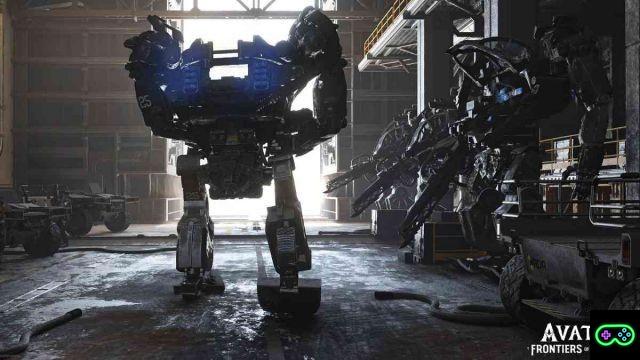
You also have Disney +, and Avatar and its sequels are coming to Disney +. You can see them all, plus the eventual cartoon series created with Dave Filoni. You make a feast of all these stories, because they are linked in an exemplary way.
Practically, it would be the perfect marketing model, a self-fueling machine that drives an entire brand, and based on the availability of all this goodness in your home console. The perfect and complete evolution of a model already in the head of visionaries like George Lucas with Star Wars twenty years ago, in an era that could not count on streaming and the average user depended on traditional TV.
As a backbone, not only the film, but the video game, the immersive storytelling par excellence, tens of hours long and open world structured. Maybe even upgradeable with new content such as DLC and season pass.
Will it work with Avatar? Perhaps. But what if one day someone found the productive strength to apply this formula to a new cycle of the Avengers?
Okay, I just got a shiver behind my back.




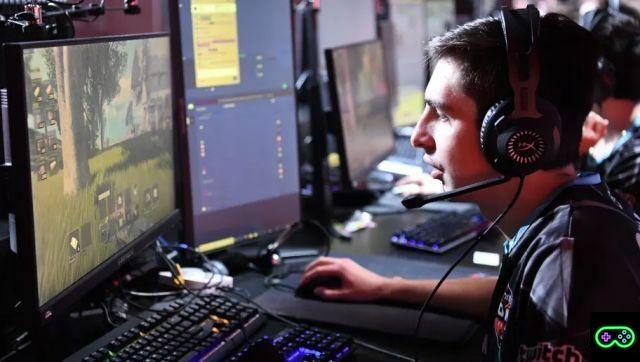
![[The Bear's Lair] God of War: Betrayal and Greek mythology](/images/posts/17432d3b12ecfec44b0b855d20c7520f-0.jpg)
